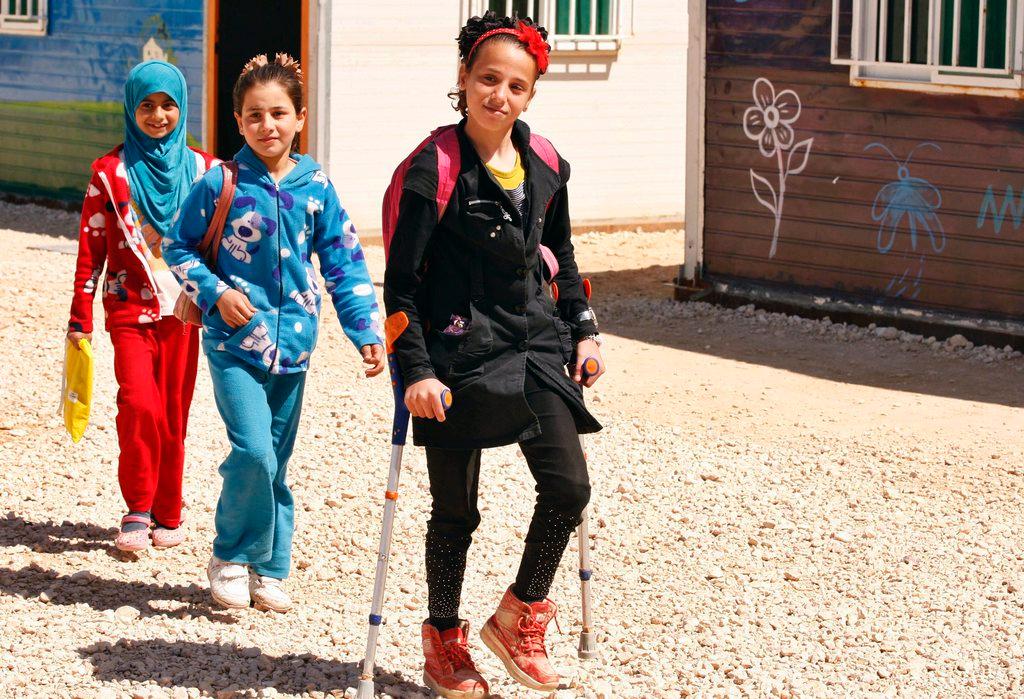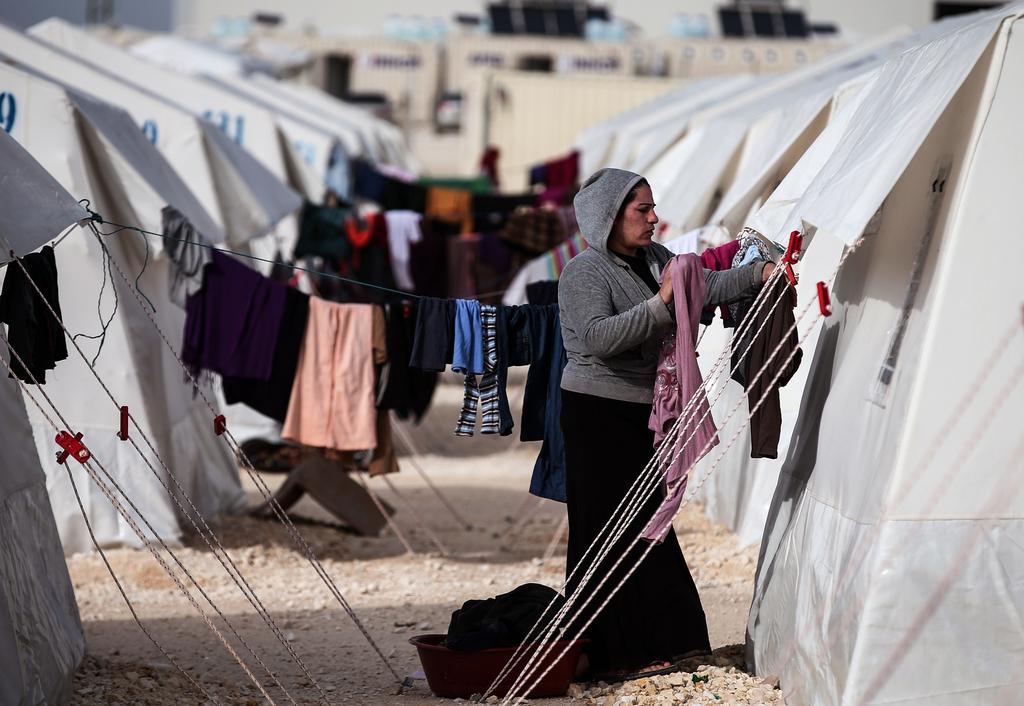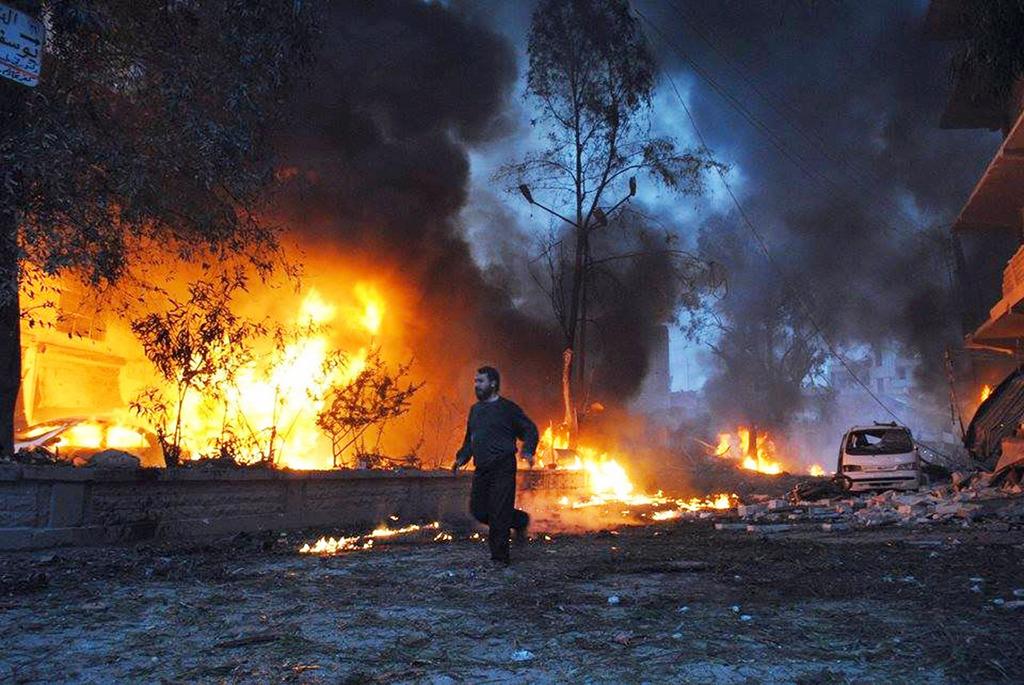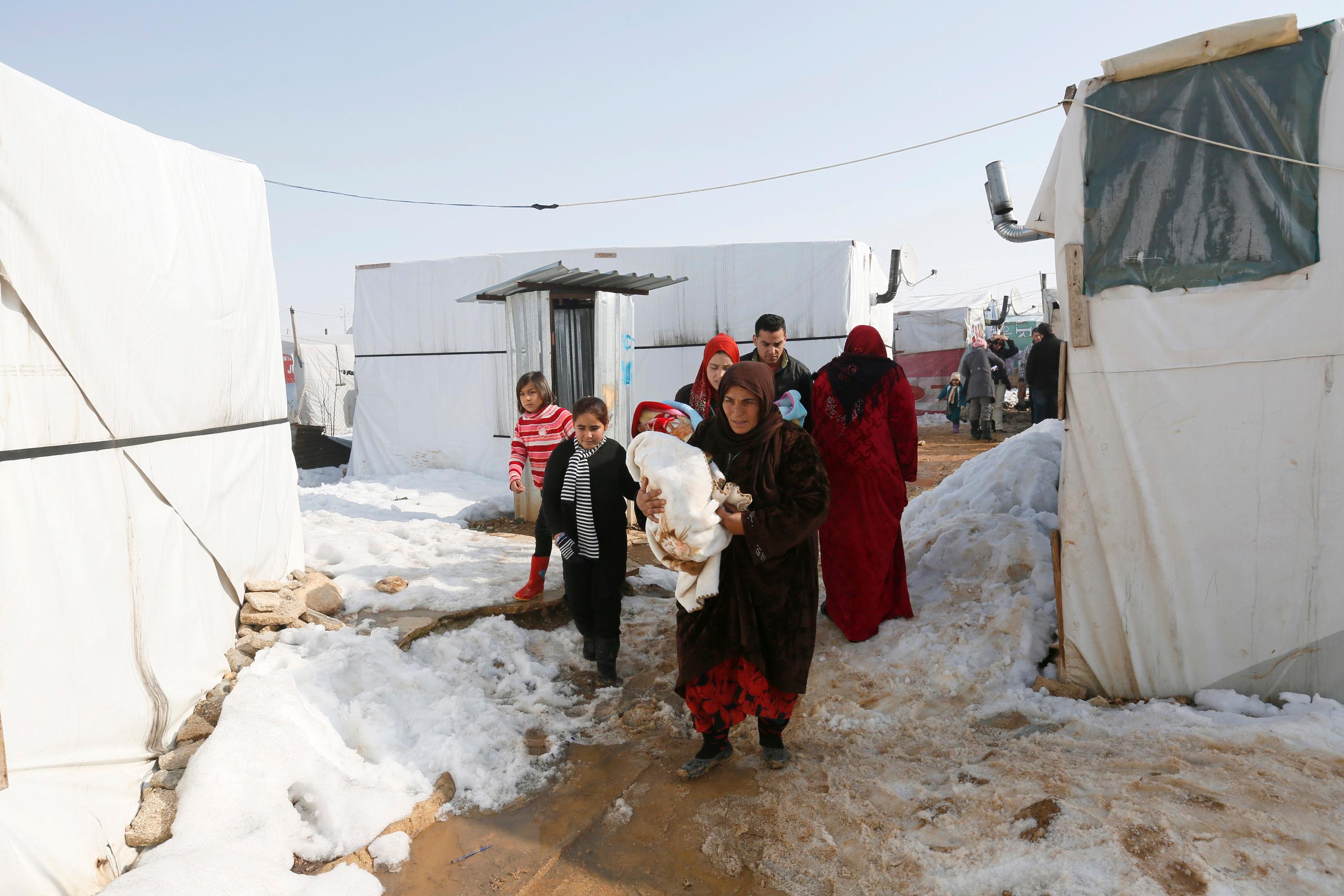Court clears way for collective asylum for Syrians

The Swiss cabinet has the power to grant Syrian refugees temporary protection collectively instead of on an individual basis, according to a ruling announced on Thursday by the Federal Administrative Court in St Gallen.
The court based its ruling on Swiss asylum law, taking into account the volatile situation in Syria since 2011.
Currently, each application for asylum must be handled individually, and each decision must be based on the current situation. But because the situation in Syria is volatile, the basis for decision-making changes constantly, the court found.
In order to address this problem, the court called attention to the fact that there is another possible legal approach, an option based on Article 4 of the Swiss Asylum Law.
Article 4 states that Switzerland can grant temporary protection to vulnerable populations for the duration of a war or other situation of ongoing general violence. The decision-making capacity resides with the Swiss cabinet, the Court found.
The court’s decision was communicated on foot of an appeal by a Syrian man who applied for asylum after fleeing Syria with his wife in 2011. The man had participated regularly in demonstrations against the Syrian regime in Damascus in August 2011, and had been arrested by police in September 2011, but had managed to escape.
The court came to the conclusion that the man’s testimony was believable. He and his wife were granted asylum in light of the fact that people who protest against the regime have been known to be pursued, tortured and killed.
If the Swiss cabinet were to take advantage of the law allowing temporary asylum to be granted to refugees on a collective basis, cases like this one would not have to be considered individually, the court noted.
According to the United Nations, at least 191,000 people died in Syria between 2011 and December 2014, and more than 3.2 million have fled the country. An additional 7.6 million have been displaced within the country’s borders.

In compliance with the JTI standards
More: SWI swissinfo.ch certified by the Journalism Trust Initiative




You can find an overview of ongoing debates with our journalists here. Please join us!
If you want to start a conversation about a topic raised in this article or want to report factual errors, email us at english@swissinfo.ch.